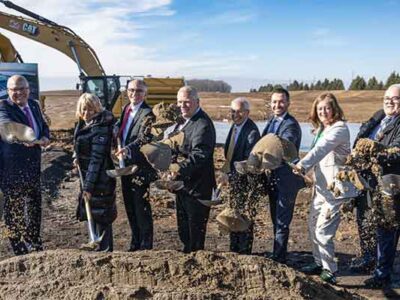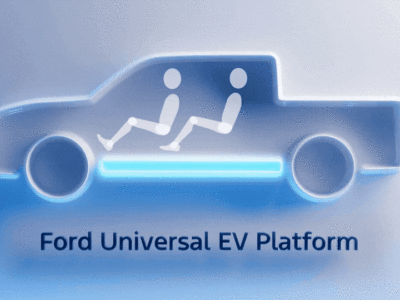The Biden-Harris Administration announced the initial beneficiaries of significant clean energy manufacturing investments.
This initiative, part of the broader Investing in America agenda, promises to transform energy and industrial communities through innovative projects.
What Happened?
The U.S. Department of Energy (DOE) has detailed the first projects to benefit from the Qualifying Advanced Energy Project Credit (48C), with 35 projects across 20 states sharing in a total of $1.93 billion in allocations.
These projects span a range of industries from grid transformers to the manufacturing of electric vehicle (EV) chargers and solar components.
Particularly noteworthy is the focus on energy communities historically dependent on coal mining and coal-fired power plants, signaling a shift towards sustainable economic opportunities in these regions.
Why It Matters!
This initiative is critical because it not only aims to reduce greenhouse gas emissions but also seeks to bolster the nation’s energy security and economic competitiveness. By investing in areas that have been the backbone of America’s energy for decades, the administration aims to ensure these communities benefit directly from the transition to a clean energy economy.
Furthermore, the projects are required to meet strict standards such as prevailing wage and apprenticeship requirements, ensuring that the jobs created are well-paying and contribute to building a skilled workforce.
“The Biden-Harris Administration is executing an industrial strategy that prioritizes rebuilding our domestic manufacturing sector, creating good-paying jobs across the country,” said U.S. Secretary of Energy Jennifer M. Granholm.
What Comes Next?
The DOE and the Internal Revenue Service (IRS) are preparing to issue guidelines for a second round of the 48C program, with new opportunities for businesses to apply for funding expected to open this summer.
This ongoing support highlights the administration’s strategy to sustain momentum in transforming the U.S. into a leader in clean energy manufacturing.
Companies interested in participating in this transformative agenda have the opportunity to opt-in for public acknowledgment by the DOE, further promoting transparency and community engagement in clean energy initiatives.














Comments